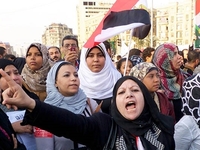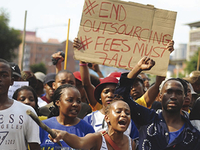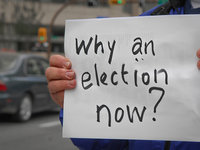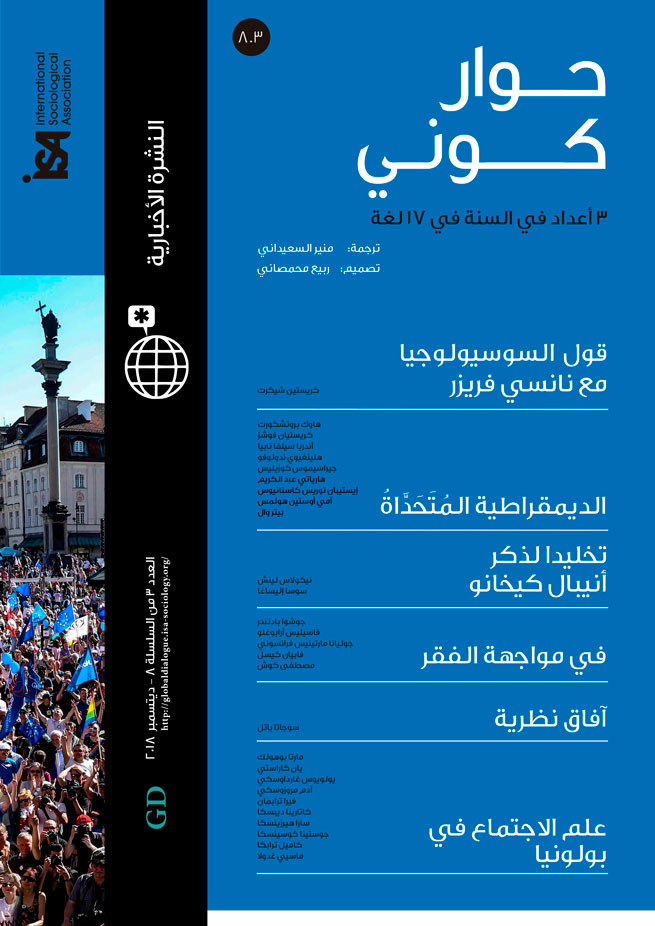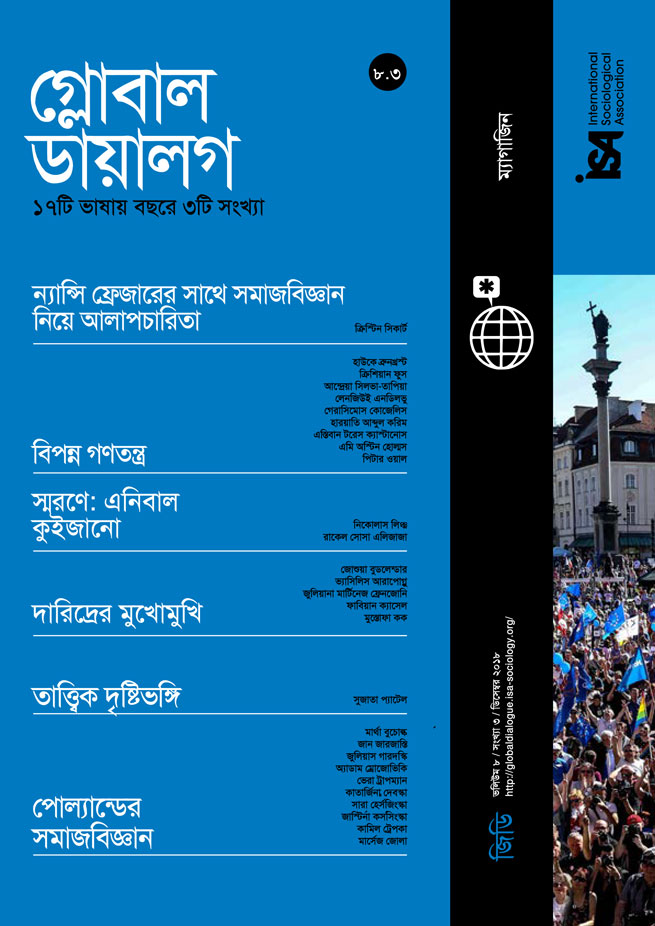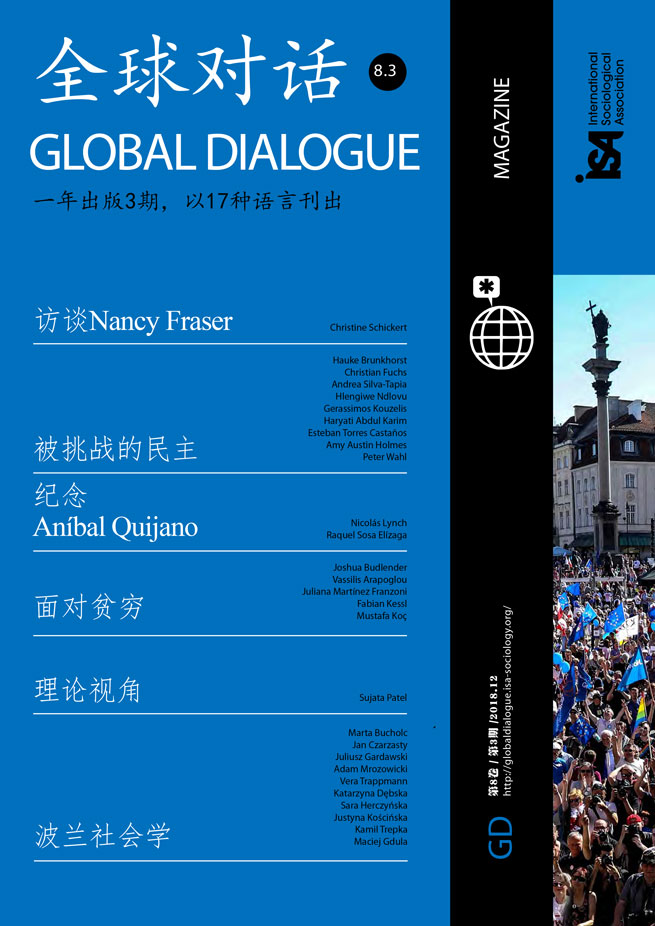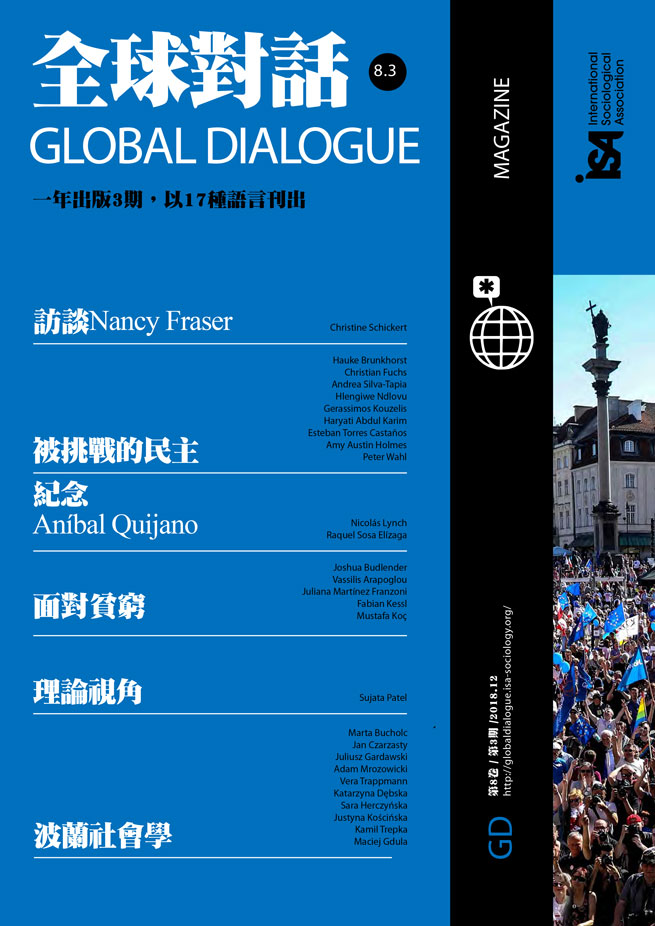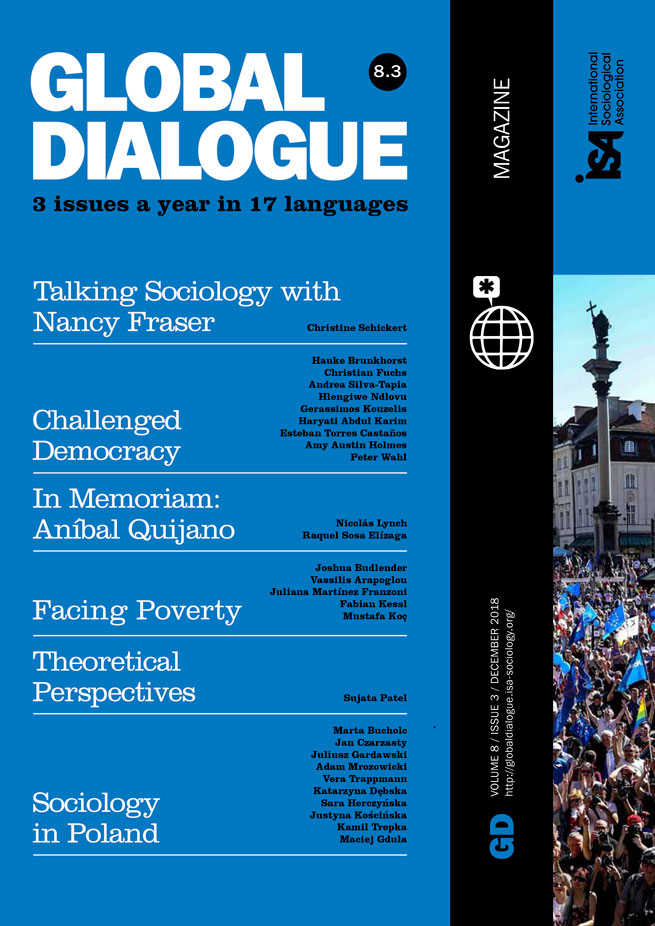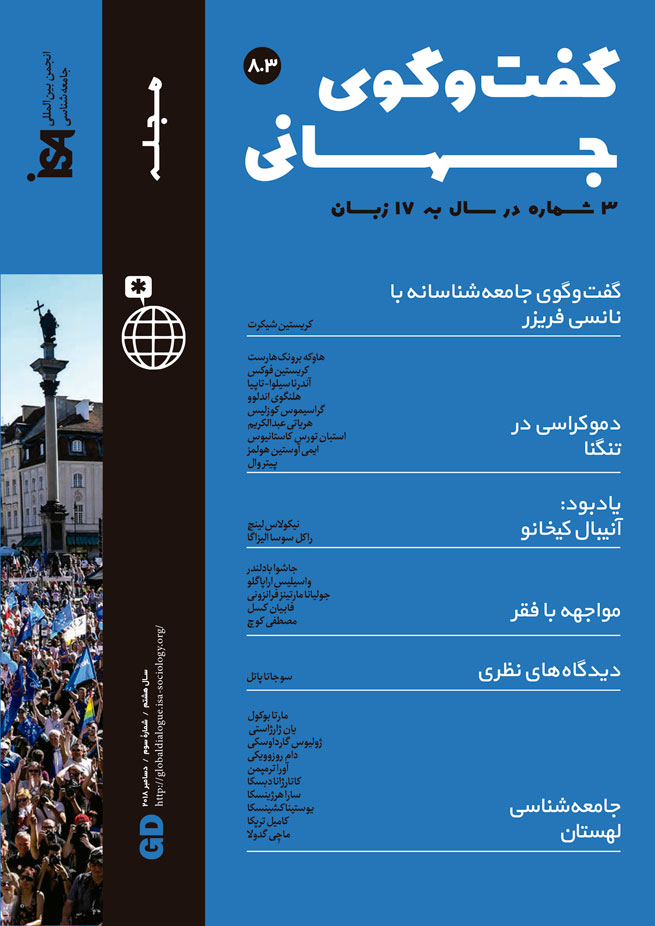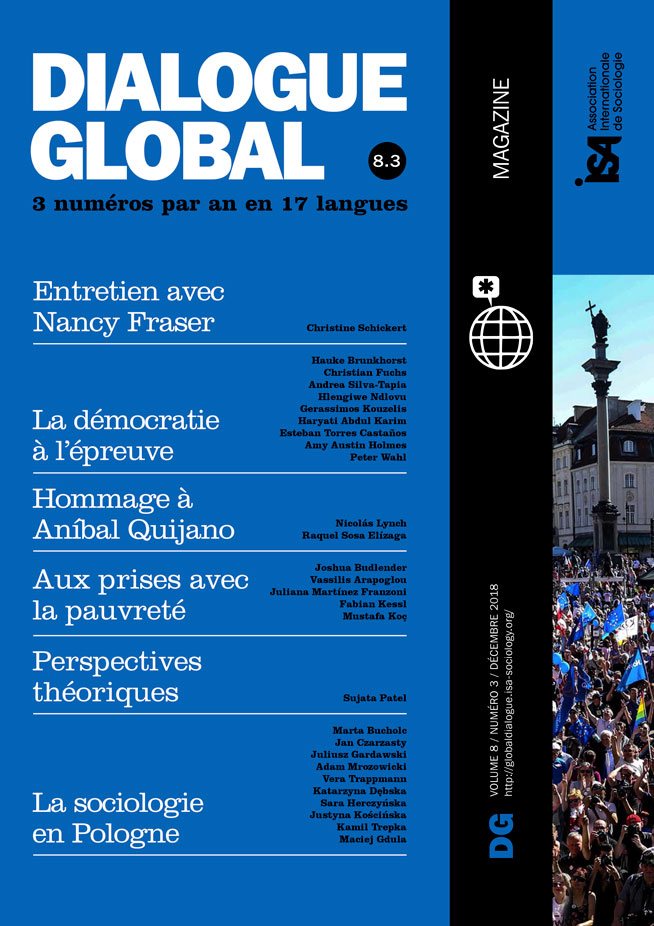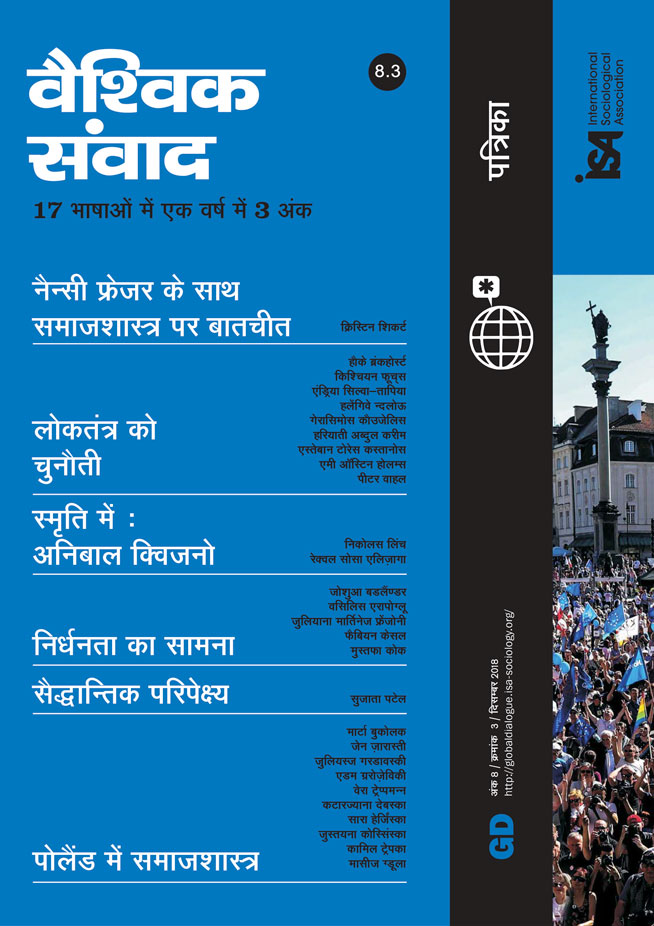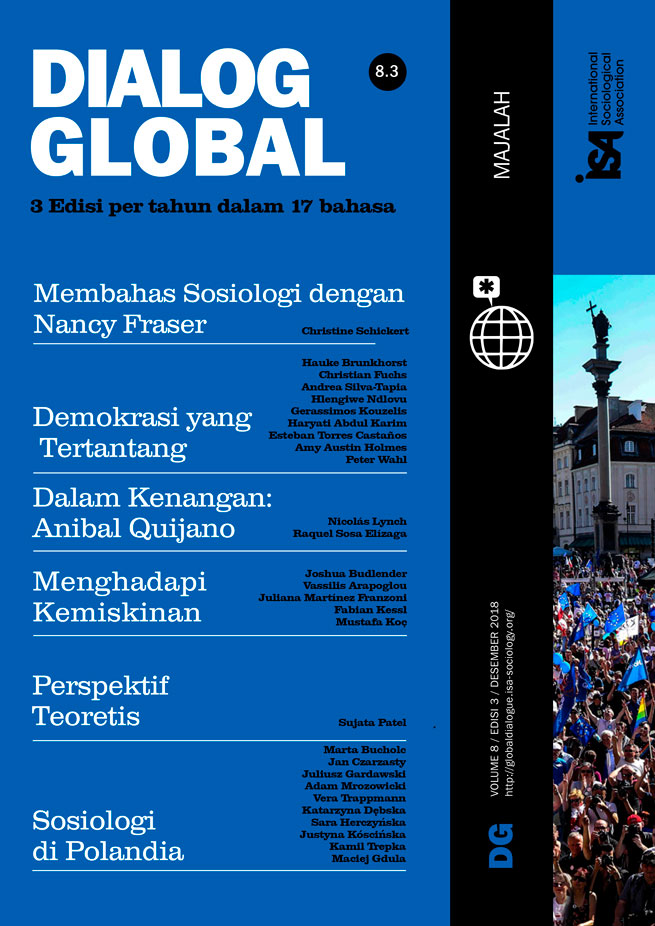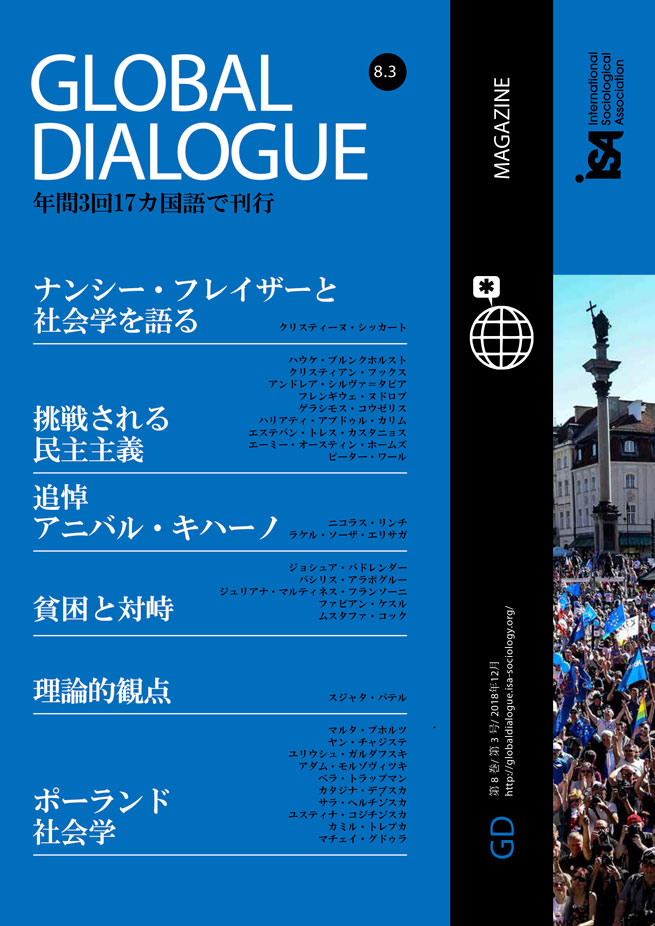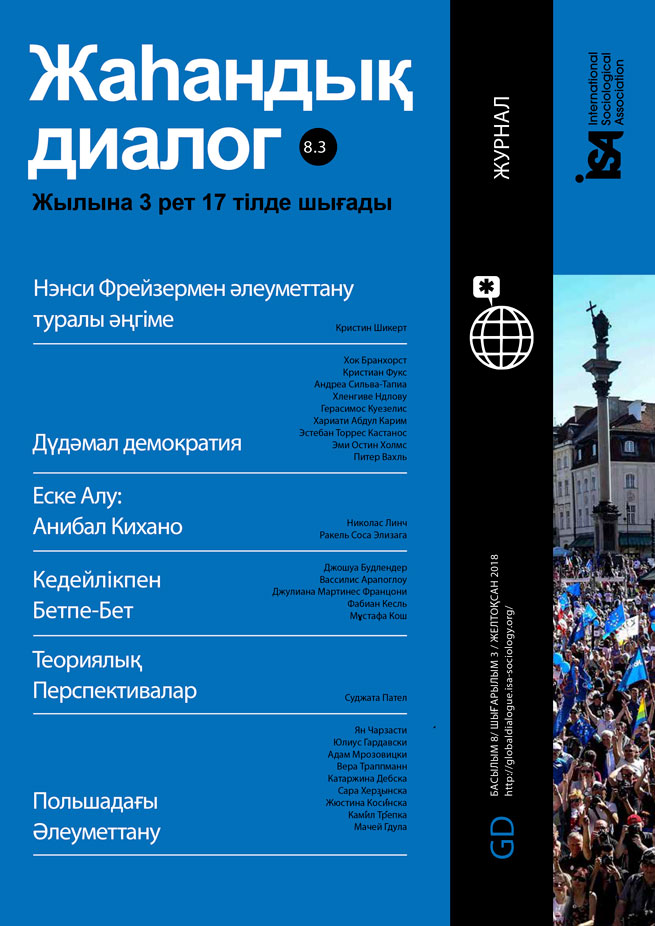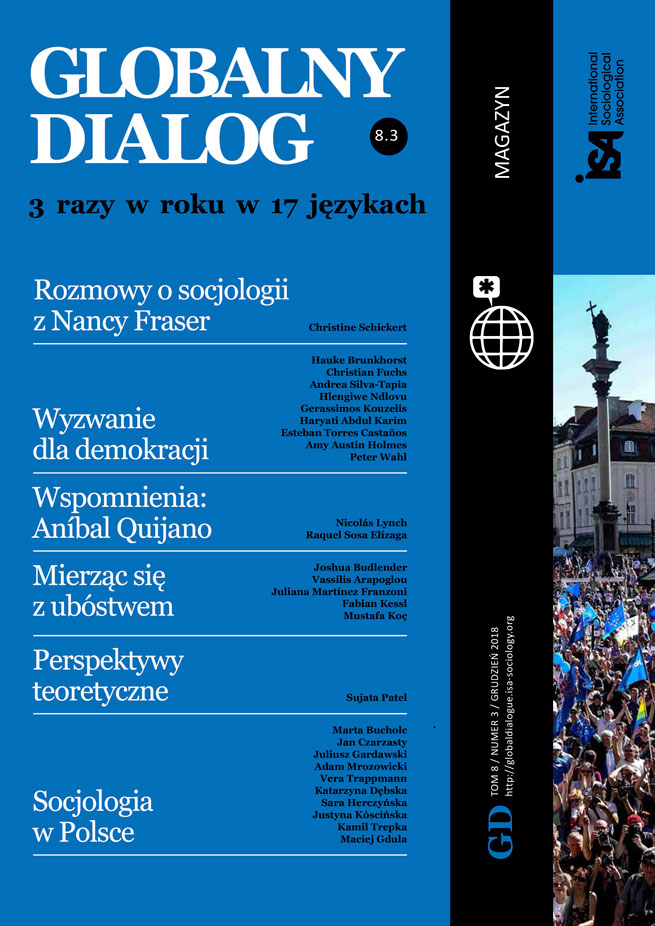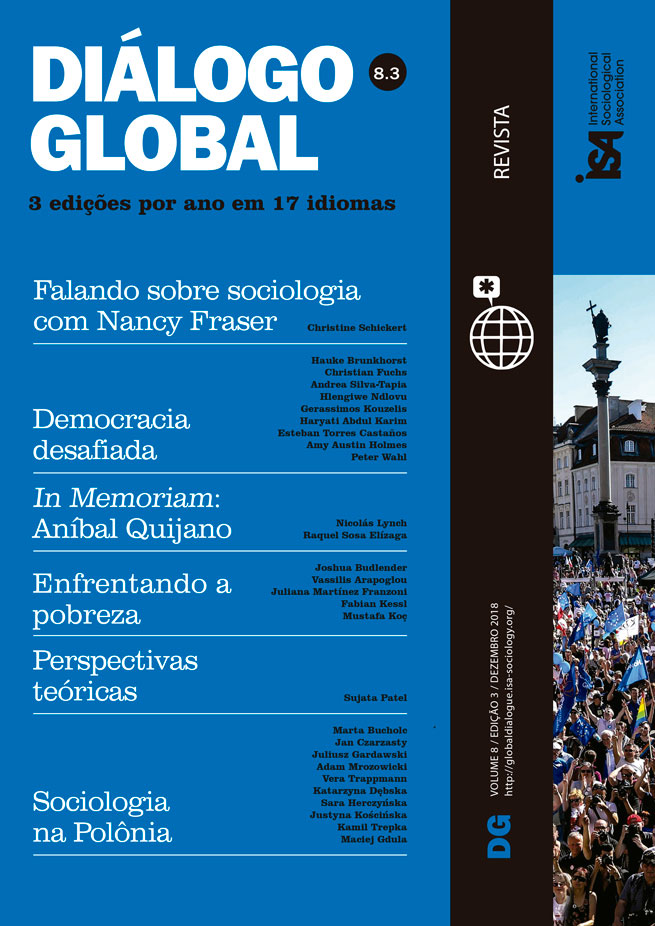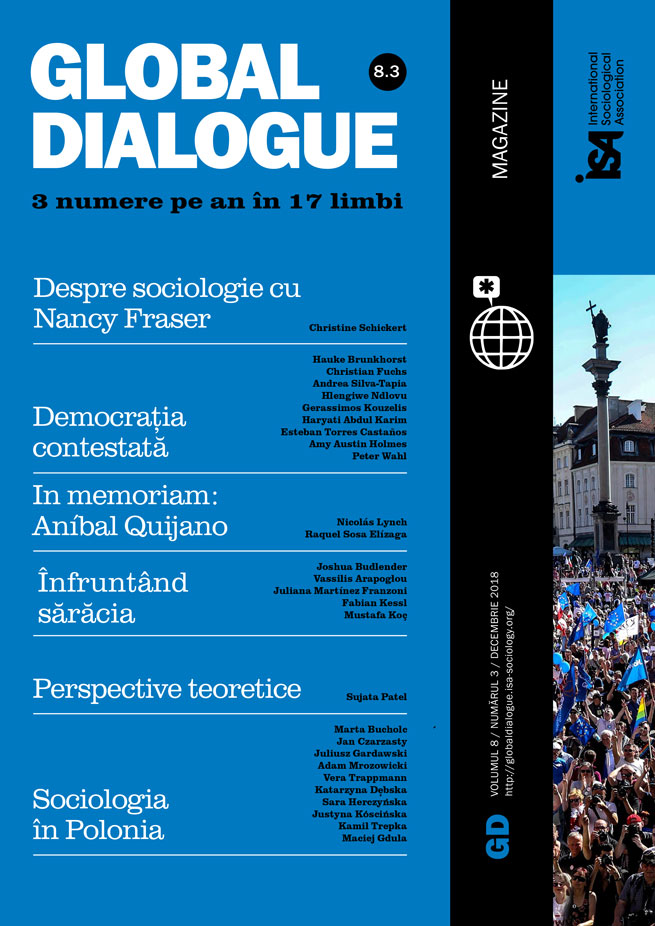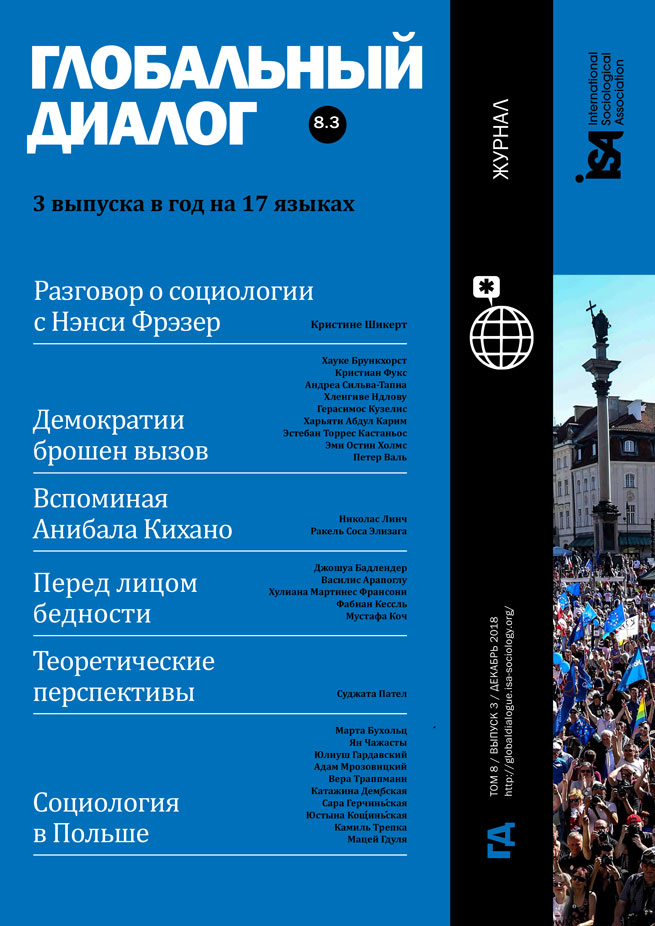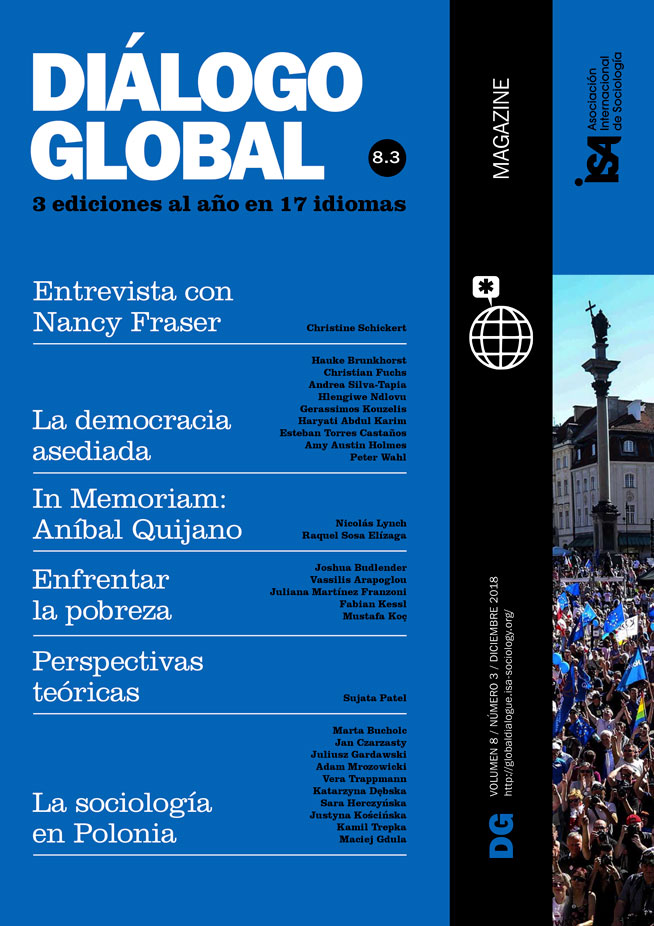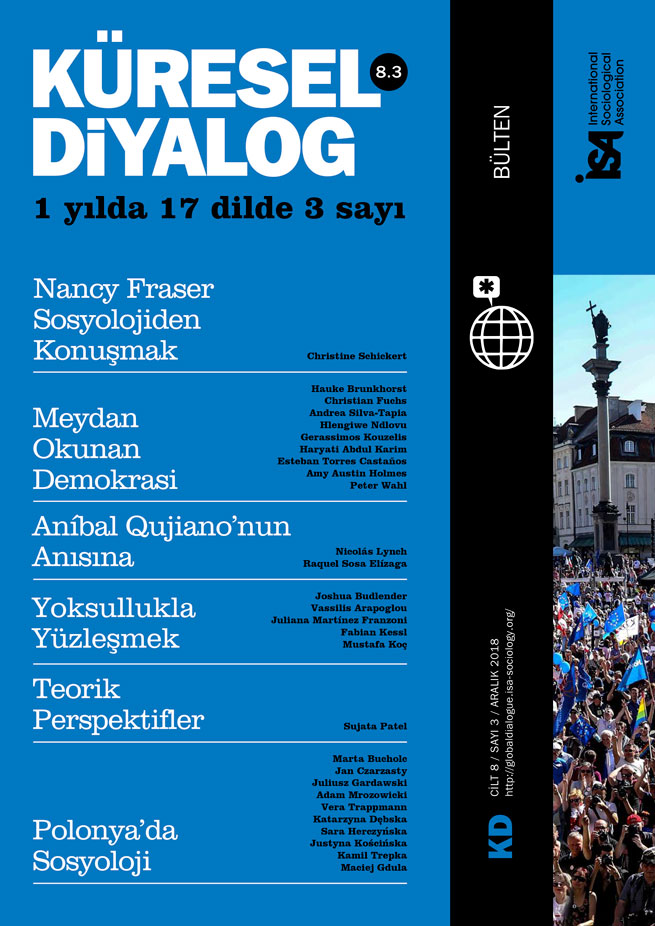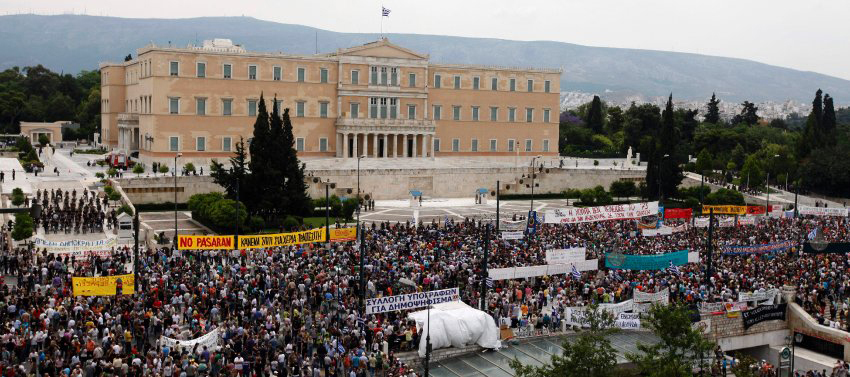Talking about direct democracy nowadays can sound idyllic as its potential to actually be applied is extremely limited. The idea of substantial democratic control beyond parliament, as found in recent literature, sounds like a radical claim with utopian elements. How can the “demos,” the people, exercise even mediated power and control in a regime where terms are dictated by external actors – international organizations that are not democratically structured? Conditions in Greece, based on “memoranda of understanding,” are not conditions that allow democracy to function. The parliament – the people’s representatives – cannot act autonomously; their decisions are largely predetermined.
The fact that national sovereignty is partially compromised, as is the right of the parliament to make autonomous decisions, is a product (justifiable for many) of a crisis that was considered fiscal in nature and that had financial implications: the Greek debt. The crisis that has forced austerity and compromised national sovereignty is fiscal indeed – the prevalent economism is right in that aspect – but it is fiscal due to sociopolitical as well as ideological reasons. Its potential as well as its necessity are due to the disarming of a regulating social state; the prevalence of a devastating liberal ideology in the absence of an opponent; the politically and socially uncontrolled restructuring of relations among several sectors of economy; and especially, capital consolidation and the organization of the economic power block. Thus a specific correlation of forces allowed for, nurtured, and exploited the crisis.
Although the term “neoliberal domination” is a rather simplistic one, it is useful to show how the decline of democracy was accompanied, from the outset, by the prevalence of a discourse (“neoliberalism”) that captures, legitimizes, and broadens this kind of domination. From the perspective of the Greek crisis especially, the in-depth deconstruction of democracy clearly appears as the cold hard truth of neoliberalism. The set of developments associated with the prevalence of this discourse, the conditions of its articulation as well as its consequences, the dynamics of capitalist reproduction as well as the imposed short-term trends, all intersect in strengthening social authoritarianism. I list below several widely talked-about axes that characterized the 2010-2015 period, before political changes:
- Radically enhanced economic power and its interventions in the sphere of social organization beyond production, characteristic of which is the sort and extent of scandals that permeate the “elite” and intertwine economic interests with political ones.
- The full commercialization of media and cultural practices (especially monopolistic mass media and press complexes organized on party grounds).
- The decline, and business-marketing-like reconstruction, of political representation processes (the parties “transcending” politics, presented as commercial products and represented by television “stars”).
- The prevalence of a rationale which imposed a blind course of circulation of goods (“the market shows the way”) as its main principle.
- The process which was imposed as “democracy management” and was implemented during a course of constant expansion of the executive and partly the judiciary, at the expense of the legislature (through ministerial decisions without parliament’s approval and judicial interventions which were political in nature and verged on the arbitrary).
- The destabilization of state sovereignty both within the national social formation and in its international attachments (through the daily justification of the “Troika requirements”).
- The creation of islets inaccessible to democratic control, remote from publicity, and invisible to parliament itself, such as the field of fiscal and monetary policy, but also a large part of what was decided in Brussels (making indeed for a “state of exception”).
When the political change in 2015 occurred, aspects of these axes changed as well. Thus, the strong and explicit objective of strengthening democratic processes – a central policy option for Syriza – managed to reverse the trend of the latest axis, largely but not fully restoring parliamentary control, in that most decisions are still dictated by external centers or connected to commitments to the (now so-called) “institutions.”
Mainly, this new political condition restricted the hitherto rampant dynamics of dangerously reinforced security measures, surveillance, and authoritarian repression by security forces that openly cooperated with Nazi groups, and allowed society to develop democratic reflexes. Democracy in everyday social and political life became “normal” again.
Yet there remain two areas where neoliberal discourse continues to determine conditions, thereby making it more difficult for the recovery policy to be effective. The first is the cynical definition of reality as a set of fiscal data, as a complex set of items that “the people” can neither capture nor judge and, as such, as basically uncontrollable, and beyond the responsibility of any democratic planning or collective decisions. The second area is the deconstruction of the public sphere and, hence, the impossibility of forming a public opinion based on sound judgement. The overbearing discourse of the media controlled by the few continues to be the primary system that monopolizes the “construction of reality,” despite the change in the political scene, while consultation and the exchange of arguments have become uncommon.
The inability to reverse momentum in these two areas reminds us that the deconstruction of democratic processes is not as connected to the neoliberal management of crisis as it is to aspects of social organization that have to be recognized as “systemic” and that have been recorded as elements of the crisis of democracy in the present era.
On the other hand, the picture has changed as far as the most infamous discourse that justifies the shrinking of democracy on the basis of economic crisis is concerned, i.e., the rhetoric of a “necessary” limitation of rights. This referred not just to social rights, but, as both the refugee crisis and the terroristic manipulation of the demands for public expression (elections and referendums) showed, to political rights as well. During the first five years of the crisis, governments proceeded to radically curb social rights (work, social welfare, health) and also denied political requests (control and public opinion), cultivating the idea that all these were “luxuries” amidst the lack of economic resources. The new government, by giving priority to the hitherto forgotten democratic principle of solidarity, has demonstrated that the crisis was just a pretext.
Where the landscape has not sufficiently changed and crisis continues to play, both ideologically and substantially, is in everything that has to do with the organization of life of all citizens as far as it concerns their outlooks, perspectives, mindsets, and their hopes for their family and community future as well as their own. This is critical because lack of perspective is grist of the mill of totalitarian and antidemocratic attitudes.
The power of neo-Nazi forces presents a threat. It is indeed growing dangerously and is engaged with manifestations of political organization that represent a novel phenomenon for Greece, in the form of the “racketeering” typical of a para-economy, and day-to-day delinquency. The discourse of specific political forces nourishing nationalism and populism, and even aspects of the prevailing neoliberal discourse concerning profits and power (“strong personalities” as well as “effective decision-making,” disregarding institutional rules and “bureaucratic” constrains) have played a very negative part, drifting too often not only into an empty rhetoric, but even to one of tolerating gang “politics.” Democracy, weakened under present conditions, thus requires alertness.
Gerassimos Kouzelis, University of Athens, Greece <gkouzelis@pspa.uoa.gr>

